Introduction
The Female Chain Feeding Line is a modern automated feeding system specifically designed for female breeders, including sows in gestation and lactation stages. In contemporary pig farming, precise feeding management is essential for maintaining optimal reproductive performance, body condition, and overall herd health. The Female Chain Feeding Line provides consistent and controlled feed delivery, reducing feed waste and labor, while improving farm productivity.
Unlike traditional feeding methods, chain feeding lines use a continuous conveyor system to transport feed along the barn, distributing it evenly across multiple feeding stations. This ensures that every sow receives the appropriate portion according to her nutritional needs. By combining automation, durability, and efficiency, the Female Chain Feeding Line addresses the challenges of large-scale pig farming while supporting animal welfare and operational efficiency.
The system can be integrated with farm management software, climate control systems, and feed silos to create a fully automated and intelligent pig house, minimizing manual intervention while maximizing feed efficiency and sow performance.
Technical Parameters
Product Name | Female Chain Feeding Line |
Feed Capacity per Hour | 500–2000 kg (adjustable based on line speed) |
Feed Type | Pellet, crumble, or mash |
Drive System | Motor-driven chain system |
Motor Power | 0.75–2.2 kW |
Feed Line Material | Galvanized steel or stainless steel |
Chain Type | Steel link chain with reinforced paddles |
Line Length | 10–100 m (customizable) |
Feeding Stations | 20–200 pans per line |
Control Method | Automatic timer or manual start/stop |
Power Supply | AC 220V / 380V, 50/60Hz |
Installation Method | Ceiling-suspended or wall-mounted |
Maintenance Access | Removable covers for cleaning and inspection |
Optional Add-ons | Weight sensors, feed level detectors, automated stop devices |
Key Features of Female Chain Feeding Line
Uniform Feed Distribution
The chain conveyor ensures even feed distribution along the entire line, preventing dominant sows from monopolizing feed and promoting uniform body condition.
Automated Feeding Operation
Programmable controllers allow scheduled feeding times and automated feed delivery, reducing labor and manual monitoring.
Durable Construction
Made from galvanized steel or stainless steel, the feeding line resists corrosion, moisture, and mechanical wear, ensuring long-term reliability.
Flexible Capacity Adjustment
Chain speed and motor power can be adjusted to control feed output per hour according to herd size and sow needs.
Easy Installation and Expansion
Modular design allows easy installation, line extension, or reduction to adapt to barns of different lengths and layouts.
Anti-Spill Feed Pans
Feeding pans are designed to minimize feed spillage and waste while allowing easy access for sows.
Low Noise Operation
Smooth chain movement reduces operational noise, minimizing stress for animals.
Safety Features
Emergency stop switches and protective covers prevent accidents and ensure safe operation for staff and animals.
Integration with Farm Automation
The system can be linked to climate controllers, feed silos, and farm software for centralized monitoring and remote control.
Easy Maintenance
Removable covers and modular chain sections facilitate cleaning, inspection, and repair.
Advantages of Female Chain Feeding Line
1. Enhanced Sow Health and Welfare
Consistent feed delivery ensures sows maintain optimal body condition, reducing stress, aggression, and feed competition.
2. Improved Reproductive Performance
Balanced feeding promotes ideal body weight and fertility, supporting better conception rates and litter sizes.
3. Reduced Feed Waste
The anti-spill pan design and precise chain speed control significantly minimize feed loss, lowering operational costs.
4. Labor Efficiency
Automation reduces the need for manual feed distribution, freeing labor for other essential farm tasks.
5. Scalable for Large Farms
Chain feeding lines can be extended to serve hundreds of sows simultaneously, ideal for commercial-scale operations.
6. Energy Efficiency
The motor-driven system is designed for minimal power consumption while providing consistent feed delivery.
7. Hygienic Feeding Environment
Raised feeding pans and closed chain systems prevent feed contamination, improving biosecurity in the pig house.
8. Easy Customization
Feeding line length, pan spacing, and feed quantity can be customized to match barn layout and sow requirements.
9. Integration with Smart Farming
Compatible with farm management software, sensors, and automatic refilling systems for precision feeding.
10. Long-Term Investment
Durable construction, low maintenance, and reduced feed waste ensure a high return on investment over many production cycles.
Application Scenarios
Gestation Barns
Automatic, uniform feed delivery helps maintain ideal body condition during pregnancy, improving fertility and sow health.
Lactation Barns
Ensures lactating sows receive sufficient nutrition to support high milk production and healthy piglet growth.
Breeding Farms
Optimizes feed distribution for breeding sows in group housing or individual stalls, supporting reproductive efficiency.
Large Commercial Pig Farms
Chain feeding lines are ideal for industrial-scale operations with hundreds of sows, minimizing labor and ensuring consistency.
Small and Medium-Scale Farms
Even smaller farms benefit from reduced labor, improved feed efficiency, and precise feeding management.
Cold and Hot Climate Environments
The system maintains reliable feeding performance in various temperature and humidity conditions, especially when integrated with climate control systems.
How to Use Female Chain Feeding Line
1. Installation
Mount the feeding line along the barn ceiling or wall using suspension brackets.
Connect the feed hopper or silo to the chain feeding system.
Align all feed pans and ensure they are accessible to the sows.
Verify electrical connections and motor grounding.
2. System Configuration
Set feed quantity per pan using the adjustable feed hopper or controller.
Program feeding times and chain speed according to sow age and herd requirements.
Test the system with a small feed batch to ensure even distribution.
3. Daily Operation
Activate the automatic feeding cycle according to the programmed schedule.
Observe sows during feeding to ensure access and uniform consumption.
Monitor feed levels and refill silos as needed.
4. Maintenance
Clean feeding pans and chain system regularly to prevent feed buildup and contamination.
Inspect chain, motor, and drive components for wear monthly.
Replace worn or damaged parts promptly.
Lubricate moving components periodically as recommended by the manufacturer.
5. Safety Precautions
Disconnect power before maintenance or cleaning.
Avoid standing beneath the feed line during operation.
Use protective equipment when performing inspections.
Frequently Asked Questions (FAQ)
Q1: What is the main function of a Female Chain Feeding Line?
A1: It provides automated, uniform feed distribution for female sows, ensuring accurate nutrition and reduced feed waste.
Q2: Can the system handle different feed types?
A2: Yes, it can distribute pellet, crumble, or mash feed efficiently.
Q3: How do I adjust feed quantity per sow?
A3: Feed quantity is adjustable through the hopper settings and chain speed control.
Q4: Is it suitable for group housing systems?
A4: Yes, the system is ideal for both individual stalls and group housing arrangements.
Q5: How often should the system be cleaned?
A5: Cleaning should be performed daily for pans and monthly for chain components.
Q6: Can it be integrated with climate control systems?
A6: Yes, it can work in conjunction with temperature, humidity, and ventilation controllers for complete farm automation.
Q7: What is the typical lifespan of a chain feeding line?
A7: With proper maintenance, the system can operate efficiently for over 10 years.
Q8: How scalable is the system for large farms?
A8: Chain feeding lines can be extended to feed hundreds of sows, making them highly scalable for commercial operations.
Q9: Does the system reduce labor requirements?
A9: Yes, automation significantly reduces the need for manual feed distribution.
Q10: Can it prevent feed spillage and waste?
A10: The anti-spill pan design and controlled chain speed minimize feed loss and maintain a clean feeding area.
Conclusion
The Female Chain Feeding Line is a reliable, efficient, and intelligent feeding solution for breeding sows. By delivering precise feed portions, reducing labor, and minimizing waste, it helps pig farmers maintain healthy, productive, and uniform female breeder populations. The system’s durability, automation, and integration capabilities make it an essential investment for modern pig farming operations.
By combining precision feeding, animal welfare, and farm automation, the Female Chain Feeding Line improves reproductive performance, reduces operational costs, and supports sustainable pig production. It is a critical tool for any breeder farm looking to optimize feeding efficiency, enhance sow performance, and achieve long-term profitability.
Company Profile
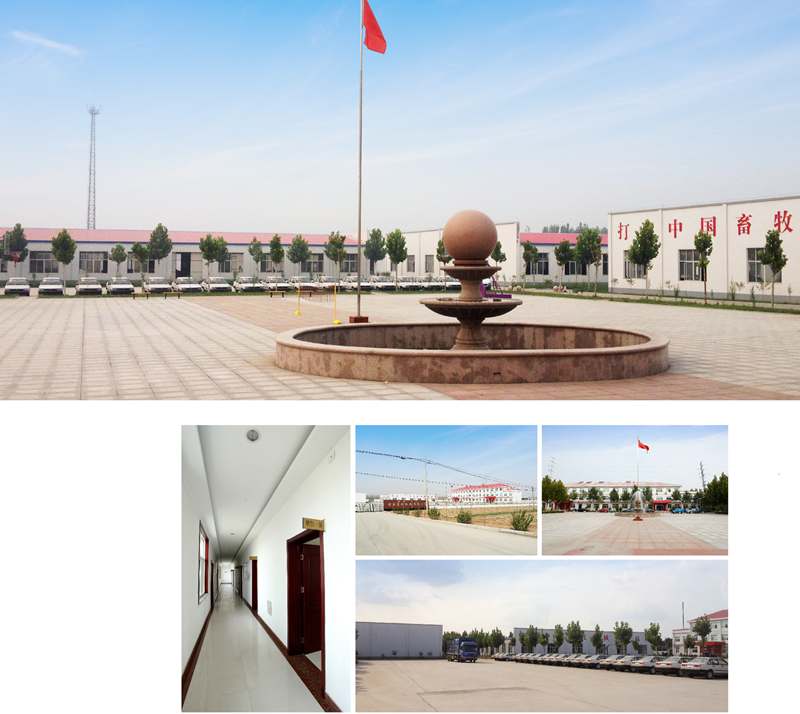
Shandong Huimin Qinle Livestock Machinery Co., Ltd. (formerly Shandong Huimin Qinle Livestock Machinery Factory) is a professional poultry equipment manufacturer with over 20 years of experience. We offer a comprehensive service package, from design (land and chicken coops), production (equipment and prefabricated steel coops), installation, commissioning, customer training, and after-sales service.
Located in Huimin County, Binzhou City, Shandong Province, China, the company has extensive experience in mechanical processing and manufacturing, as well as livestock machinery production and operation. With fixed assets of RMB 15 million, the company employs 160 people, including 30 R&D staff, and occupies a 40,000-square-meter factory. Equipped with over 110 pieces of advanced precision production equipment, including CNC machining centers and laser cutting machines, the company boasts a production capacity of RMB 50 million.
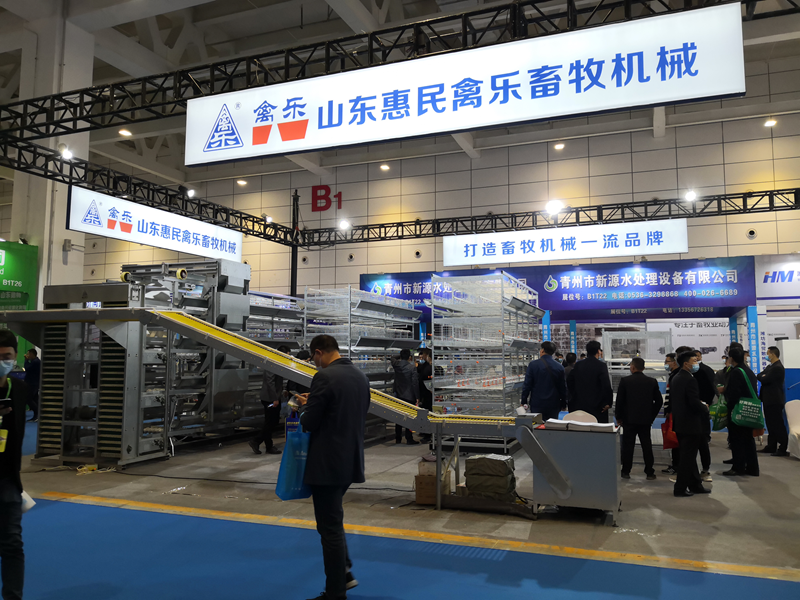
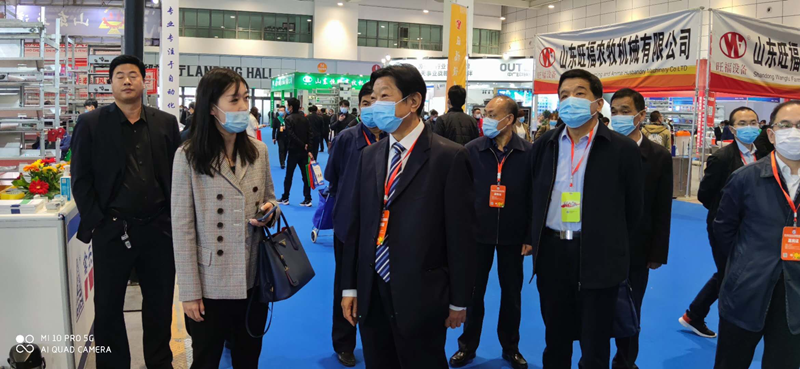
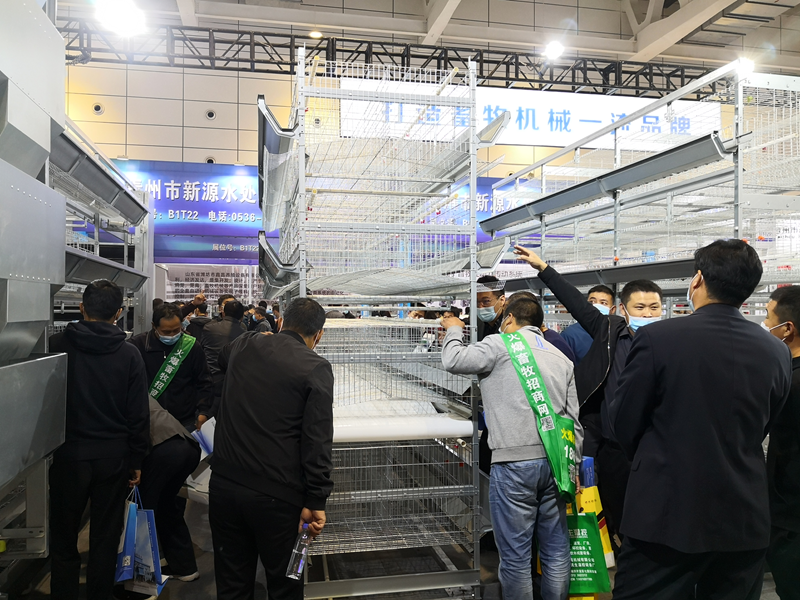
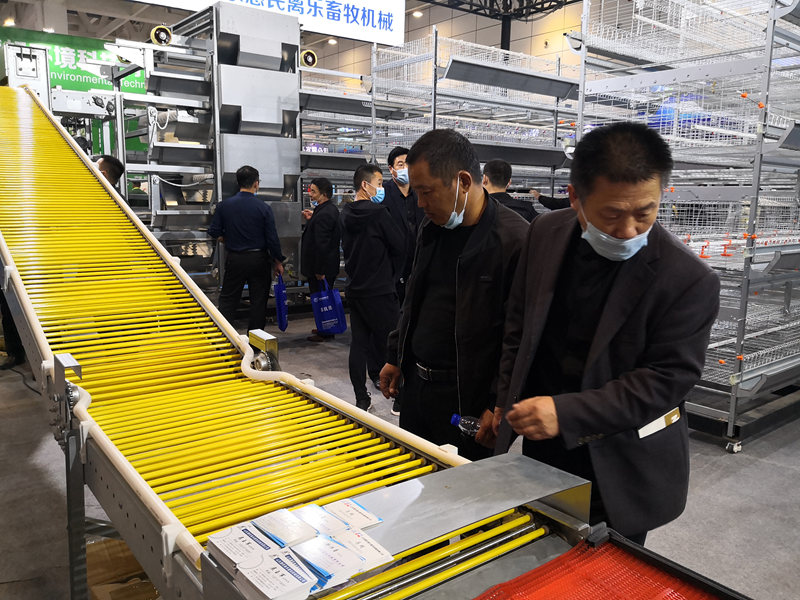
Chicken Farming Equipment Mesh Production Workshop

Machining Workshop
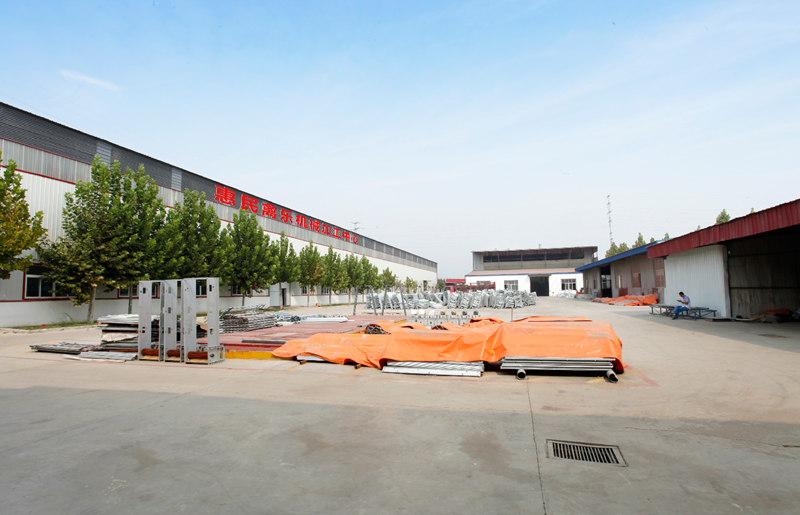
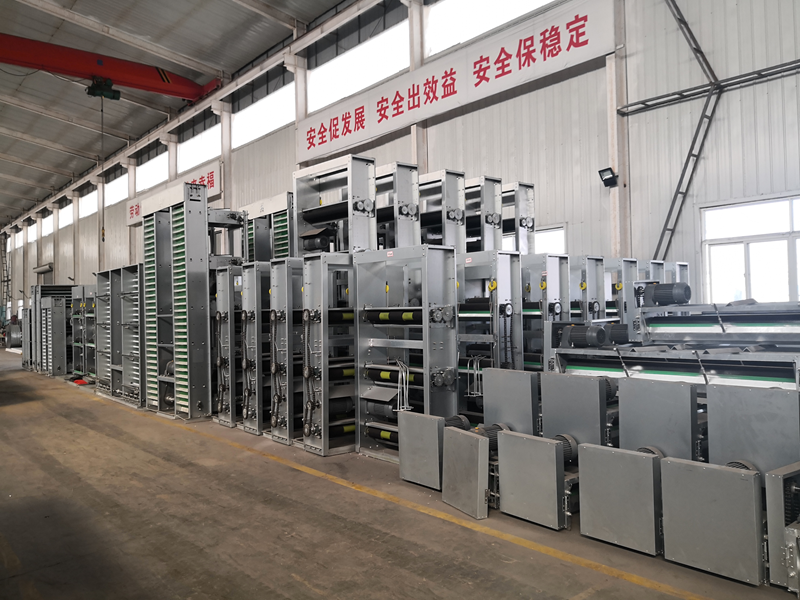
Turret-type CNC Punch Press, Laser Cutting and Other Machining Equipment
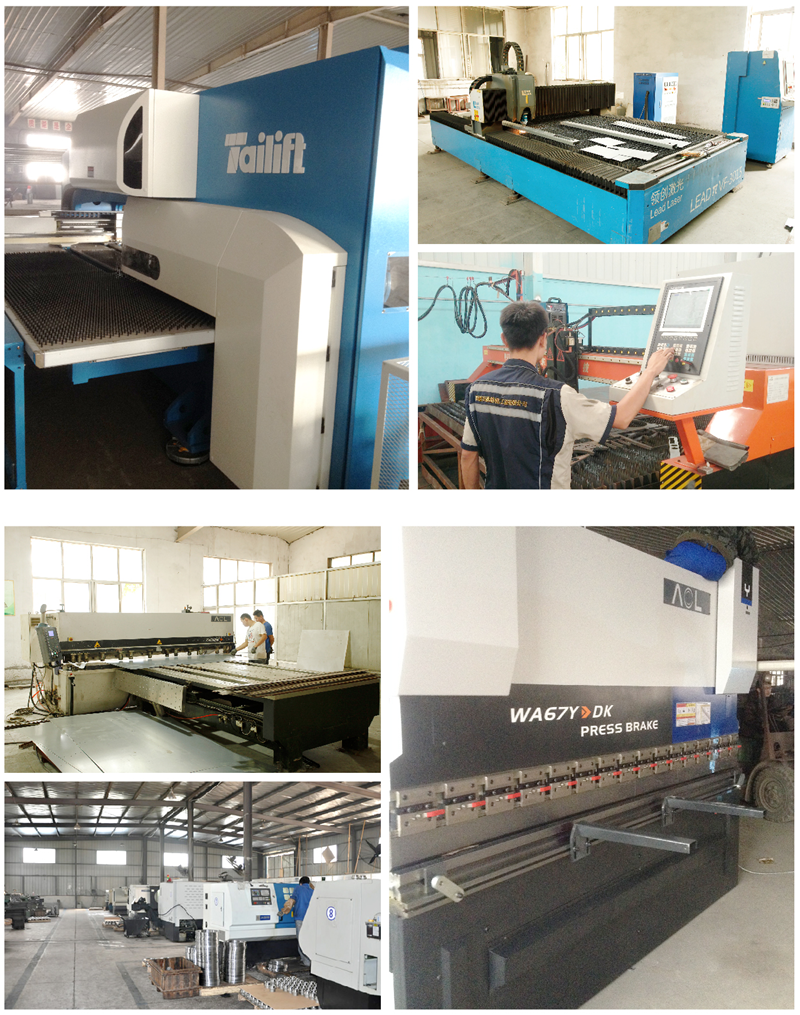
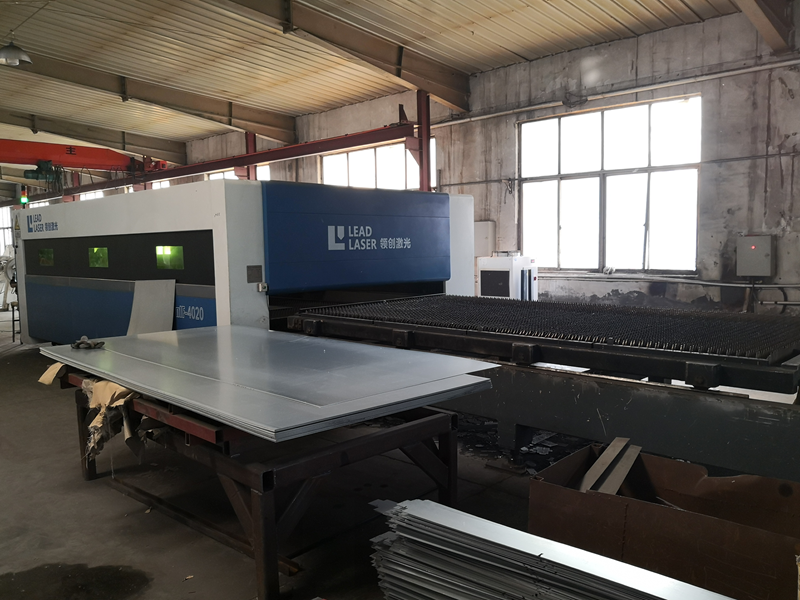

Fully Automated Roll Forming Production Line

Hot-dip Galvanizing Production Line

Electroplating Production Line
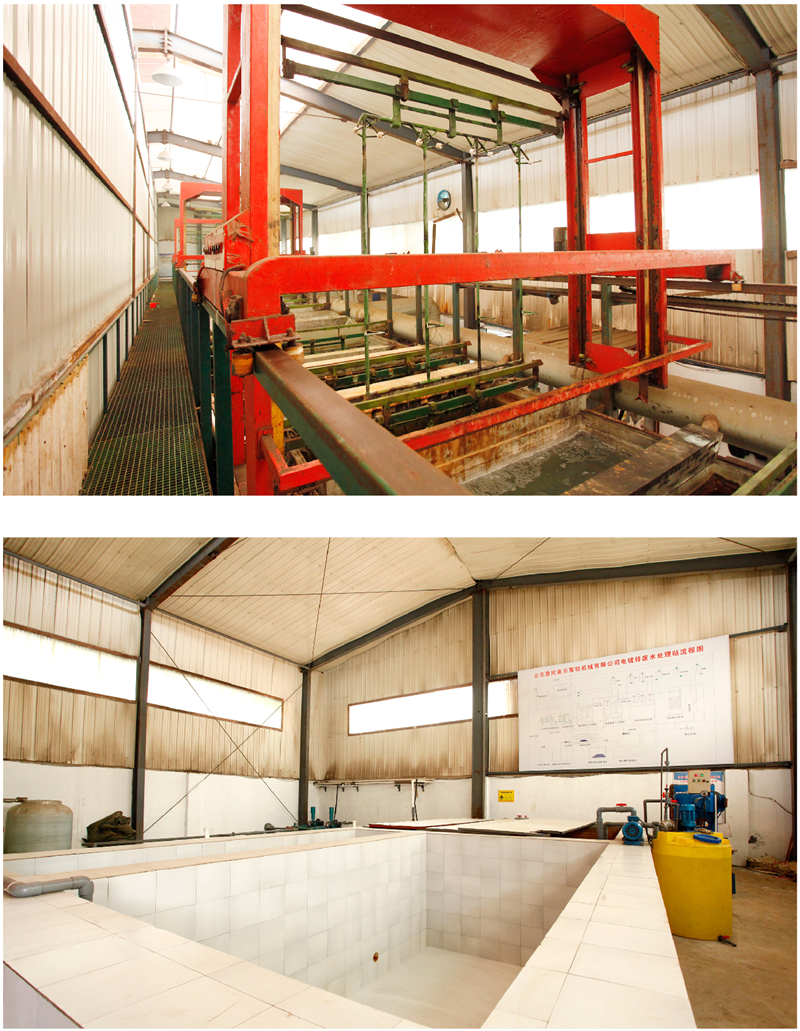
Environmental Protection Equipment
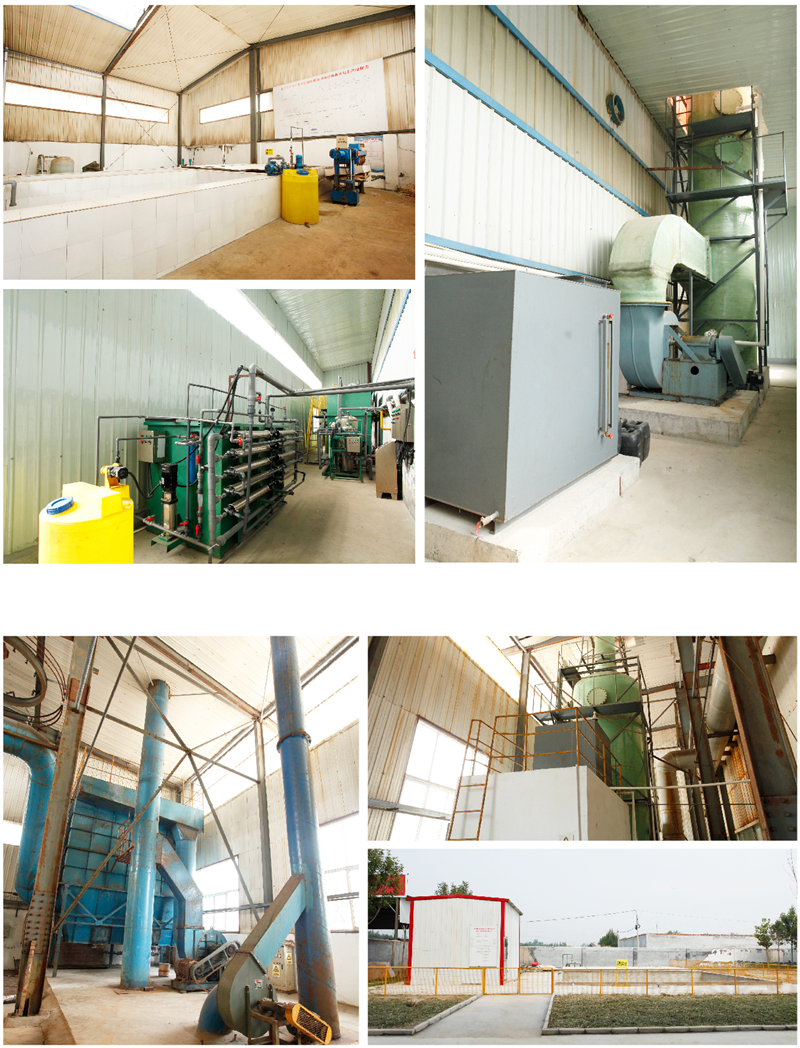
Chicken Farming Equipment Product Series
Egg-laying Hen Farming Equipment
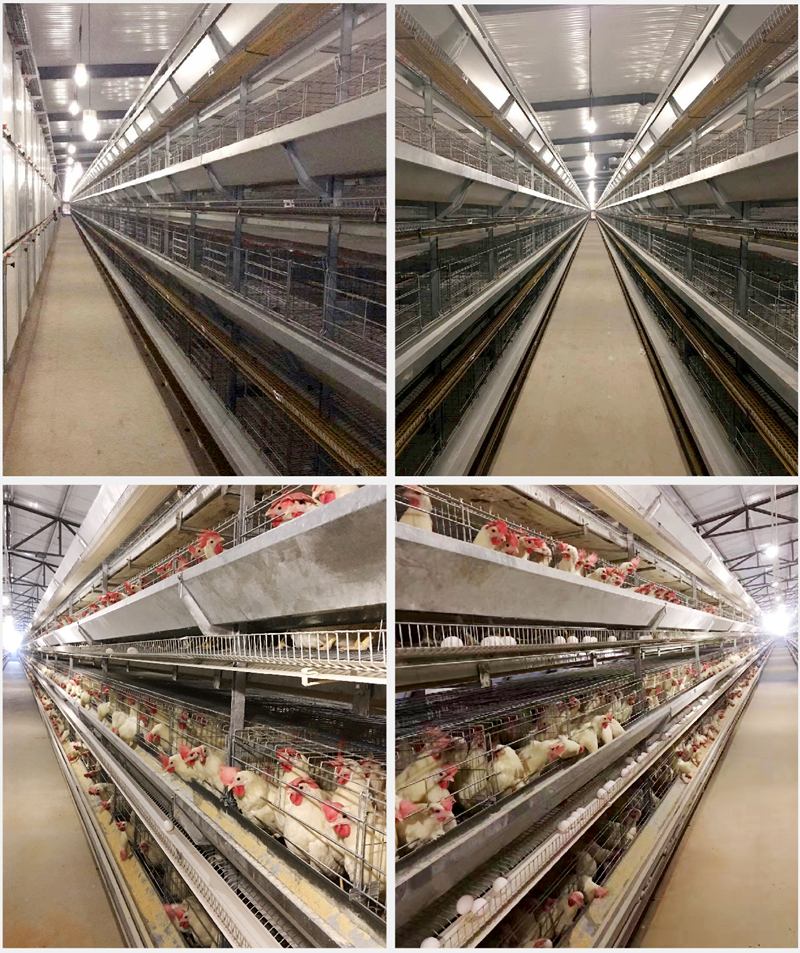
Stacked Brooding Cage Equipment

Stacked Broiler Cage Equipment
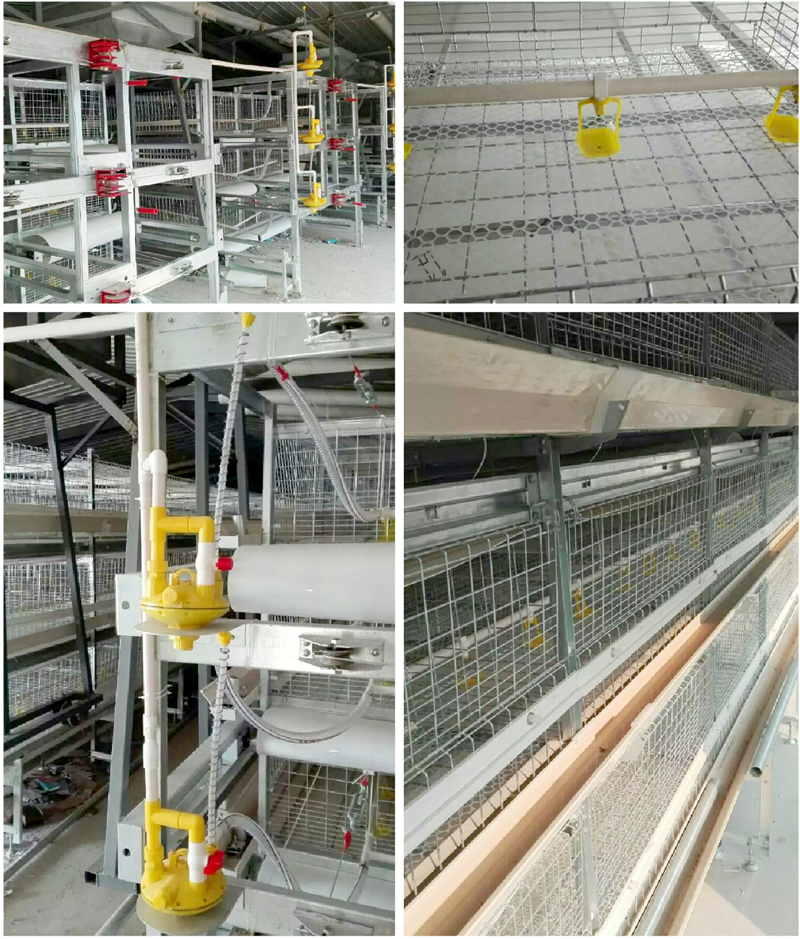
Stepped Layer Hen Cage Rearing Equipment
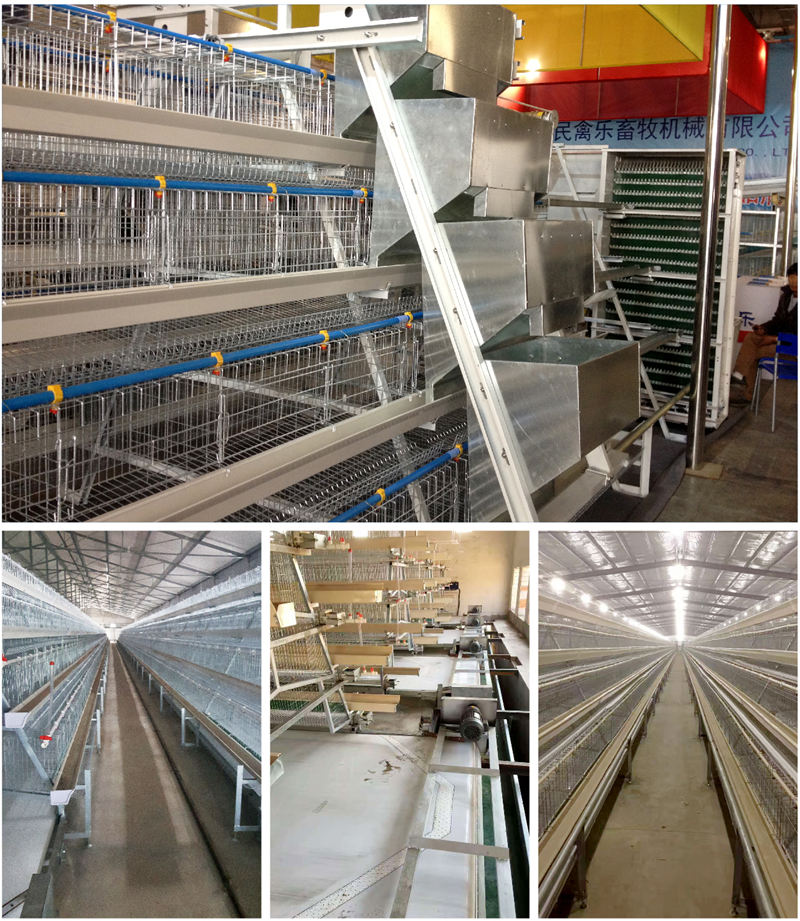
Automatic Egg Collection System
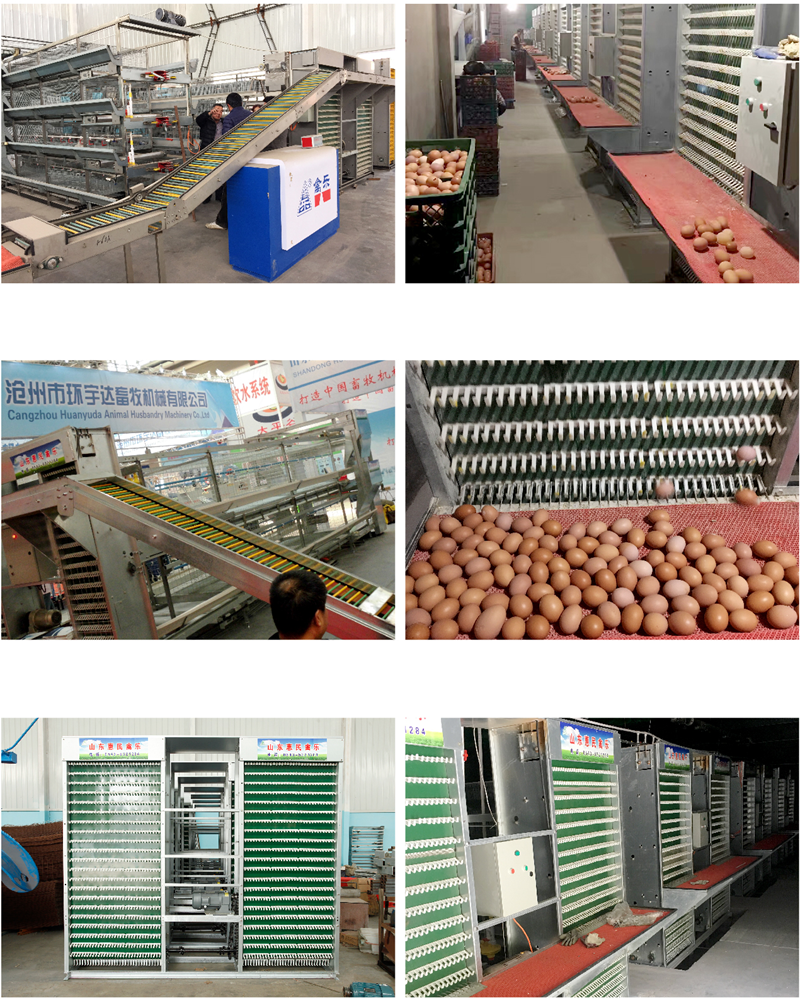
H-type Cage Feeding Machine
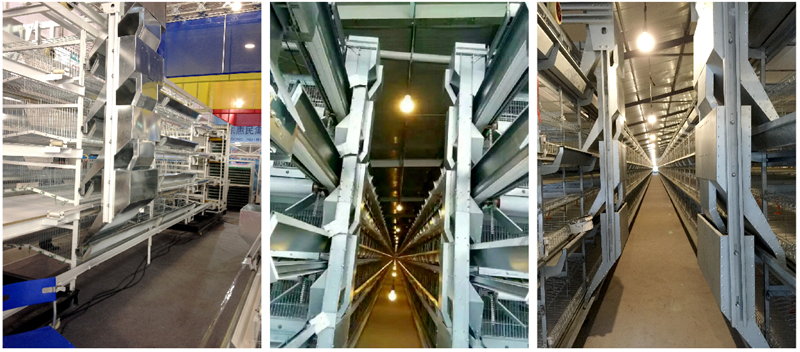
Stepped Cage Straddle Feeder
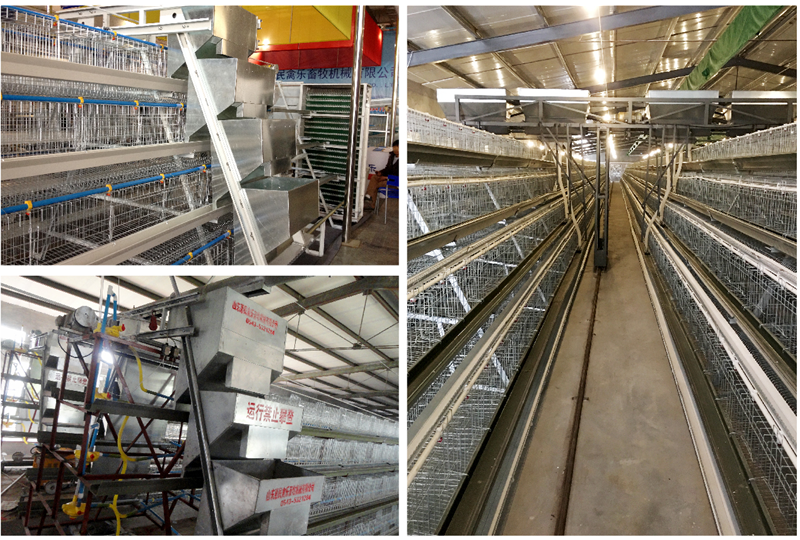
Manure Removal Machine
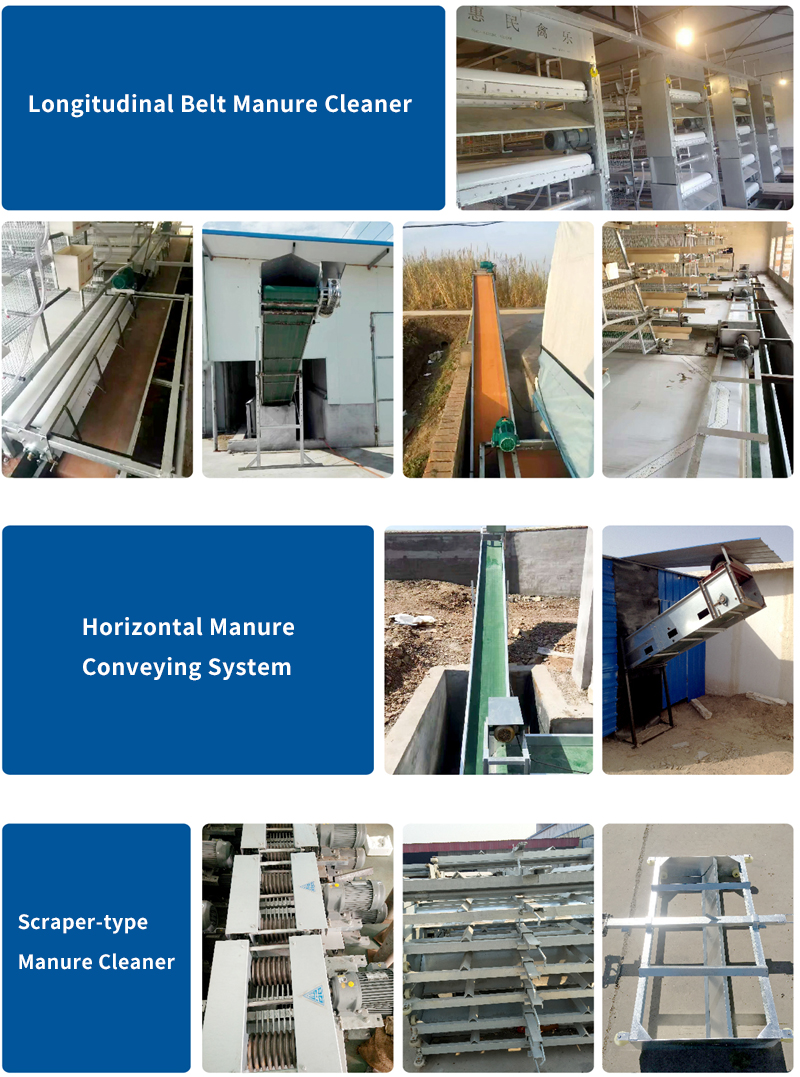
Fans, Heated Curtains, Environmental Control Systems, and Lighting Equipment
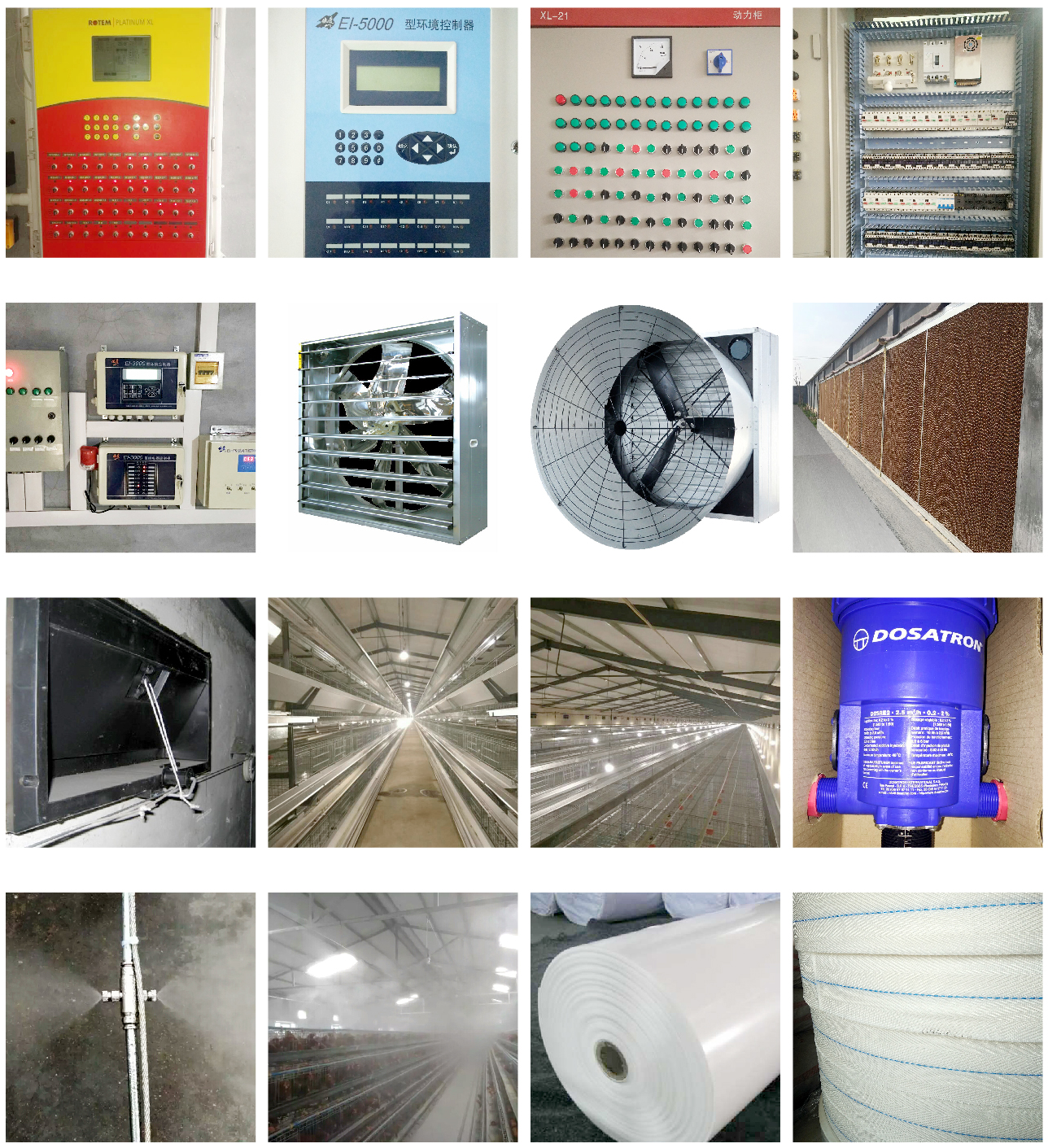
Complete Set of Equipment for Organic Fermentation Treatment of Manure
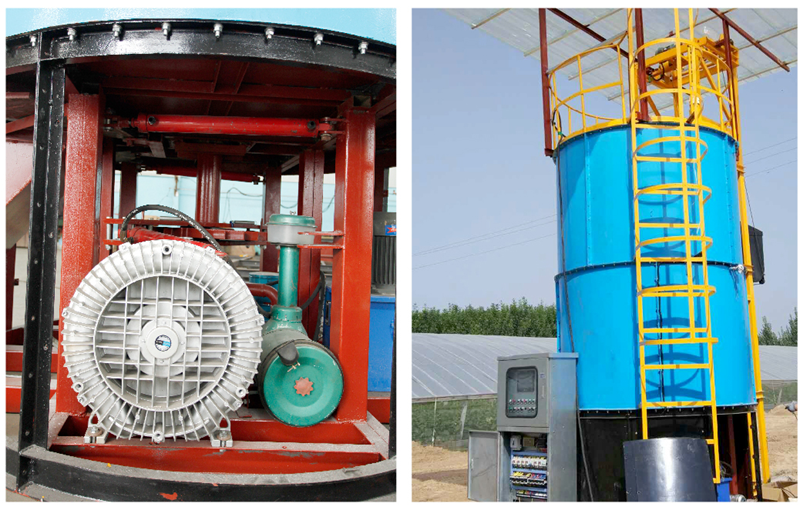

 Catalogue
Catalogue



































 Whatsapp
Whatsapp Telefon
Telefon